What companies and startups can learn from each other – Laura Kohler at the Telefónica Startup Talk
12. May 2016
Digitization is radically changing the requirements of business models and company management. This applies to both corporations and startups. So, at yesterday’s startup talk by mobile operator Telefónica, a discussion took place about how startups and corporations can learn from one another. Are they able to interact with one another or are their worlds simply too far apart? On the stage: Markus Haas, COO at Telefónica Germany, Finn Age Hänsel, Managing Director at moving company startup Movinga, and Laura Kohler, CEO of etventure subsidiary European Innovation Hub.
Although established companies and startups are often in direct competition, in many cases they are actually facing the same challenges: How do I design processes in a streamlined and efficient manner? Which structure is best for my business model? How do I create a motivating work culture? Questions like these were discussed at the Telefónica Startup Talk in Berlin. The startup talk was moderated by Mark Hoffmann at the Telefónica BASECAMP, Co-Founder and CEO of Vertical Media, the publishing house behind the well-know startup medium Gründerszene.
If startups establish business models on greenfield sites, they of course have fundamental advantages, such as freedom, flexibility, agility and speed when designing their business concept. Young startup teams are also more prepared to take risks. This is not so easily done in corporations, first and foremost because the interests of investors, employees and customers must all be taken into account. As a result, corporations often face significant hurdles in their classic hierarchical structures and the well-cemented and sometimes overcomplicated processes in place can impede innovative working and thinking, as well as the necessary speed for digitization.
At the startup talk, that much was clear. As Markus Haas explains, “Corporate groups must not stand still. They must make room for innovation.” Laura Kohler also makes this clear: “From the experience we have gained here at etventure, we know that digitization in companies normally only succeeds if the innovation processes take place outside of the company. Only in a protected space can new ways of thinking and work processes evolve. If the corporate culture allows for business models to be reorganized and changes to be made, then a lot has already been gained through digitization. However, to a certain extent this assumes a culture of failure.”
Finn Age Hänsel explains it as follows: “The wrong decision on Monday is better than the right decision on Friday.” After all, you can correct your mistake on Tuesday and use the experience you have gained to find a new and better solution on Wednesday. While companies are still developing products and business models to the point of perfection and failing to find a market for them in the worst case scenario, startups go by the motto “fail fast and cheap.” Ideas are quickly tested on users while still in the prototype phase in order to find out what looks promising and what doesn’t. Adding to this, Laura Kohler said, “Simply optimizing processes and introducing new digital products is not enough to sustainably and successfully digitize companies. A cultural shift must take place throughout the entire company. Every employee – from the highest level of management right through to new trainees – must absorb and understand the fact that having the confidence to take risks, a hunger for success, the speed and willingness to make mistakes are all opportunities – opportunities that startups are already taking advantage of.”
“Speed is what’s needed at the beginning but growth takes structure,” says Laura Kohler of the successful formula for digital transformation. In this respect, it is not just companies that can learn from startups, but vice versa as well. Yet this requires an intermediary, a kind of translator between both sides – because worlds collide when young startup founders meet corporations. Often the differences in working methods, opinions and cultures are so great that a collaboration doesn’t make it past the initial networking stage. That’s why the European Innovation Hub provides assistance and support for collaborations between startups and companies, building bridges between the corporate and startup worlds in the process.
As well as the necessary corporate culture, another key factor for success in digitization is employees’ expertise. Digital transformation means that completely new skills become important. Job requirements and roles are changing more and more. As Markus Haar explains, “In the future, every employee in every part of the company will need to be a data expert.”
Photo Credit to Telefónica Basecamp

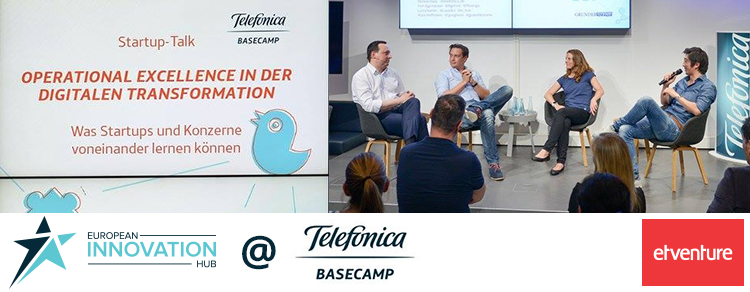

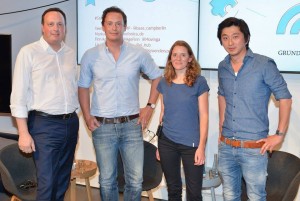
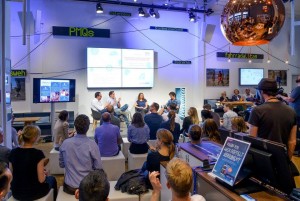

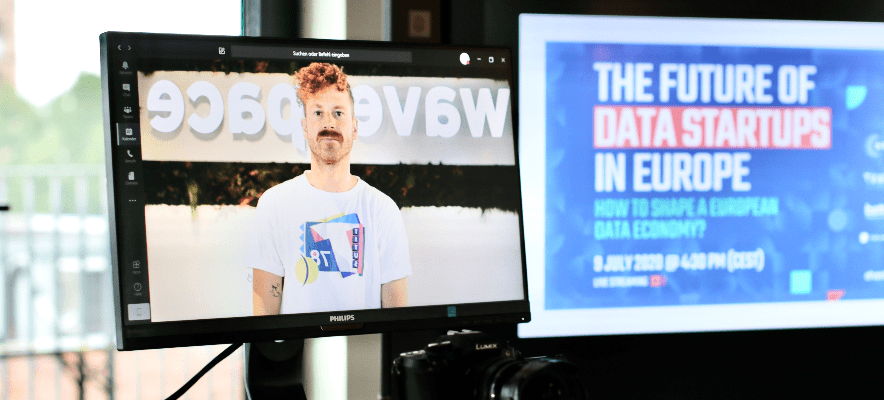
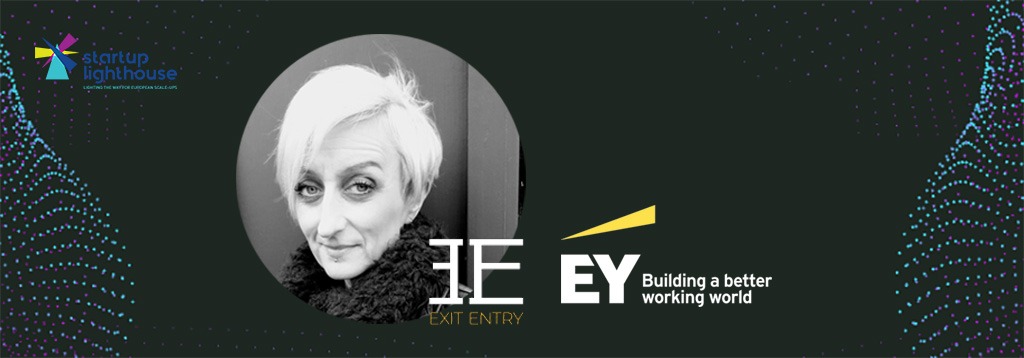
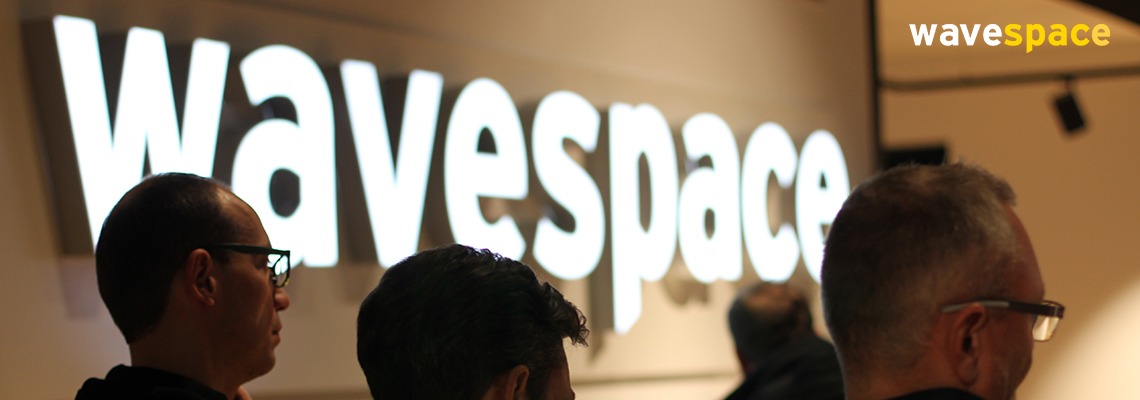
* Required field